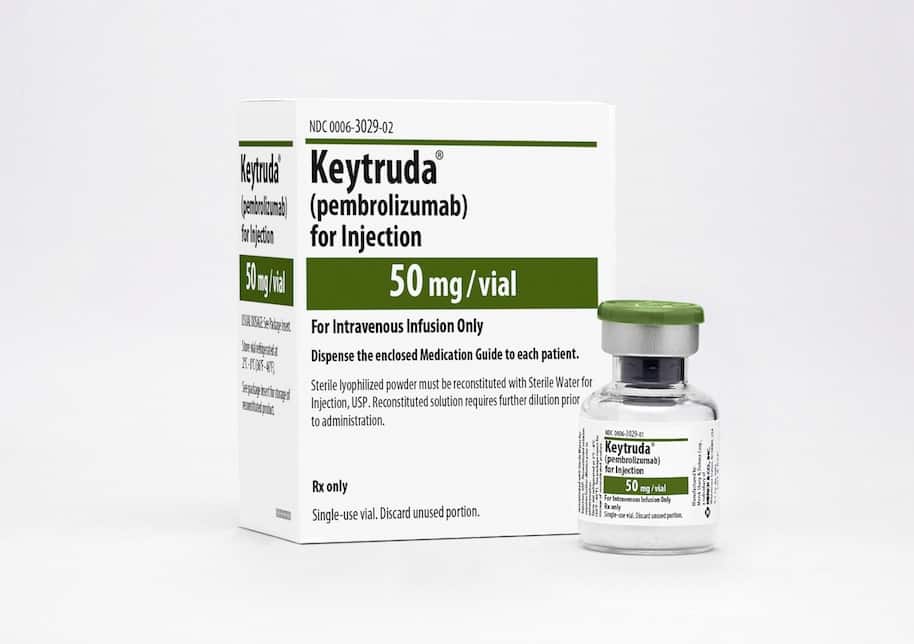
Merck tests new Keytruda combination
pharmafile | June 3, 2015 | News story | Research and Development, Sales and Marketing | Merck, dynavax, keytruda
Merck is continuing to investigate Keytruda combinations as it signs a deal to test the drug with an immunotherapy from Dynavax Technologies.
Clinical trials will look at Dynavax’s investigational TLR9 agonist SD-101 in combination with both PD-L1 inhibitor Keytruda (pembrolizumab) and Merck’s anti-IL-10 immunotherapy MK-1966.
Under the terms of the agreement Dynavax will fund the Keytruda study focussing on advanced melanoma, and Merck will back the MK-1966 one on solid and hematological malignancies.
The agreement only includes Phase I and II studies at the moment, with hopes to be extended to include a Phase III trial later on.
“Our interest in working with Merck on these clinical collaborations was propelled by the synergistic activity we have seen when SD-101 is combined with checkpoint inhibitors in preclinical models,” says Eddie Gray, chief executive of Dynavax.
“These collaborations with Merck will facilitate our objective to demonstrate SD-101’s potential to complement multiple therapeutic modalities and thereby provide benefit to patients.”
This deal comes shortly after Merck announced it would be testing Keytruda in combination with Daiichi Sankyo’s investigational PLX3397 for the treatment of melanoma and other solid tumours.
Keytruda is proving to be a strong product for the company so far – it helped boost sales in Merck’s oncology division to $83 billion and became the first drug to be approved through the UK’s new Early Access to Medicines Scheme. Also it has beaten its rival immunotherapy, Bristol-Myers Squibb’s Yervoy (ipilimumab), in clinical trials in melanoma.
However, BMS may soon surpass Keytruda thanks to its own drug combination. Results presented at ASCO last week showed that combining Yervoy with BMS’ own PD-L1 inhibitor Opdivo (nivolumab) lead to tumour shrinkage in 58% of patients and progression-free survival of 11.5 months.
These results were deemed ‘truly, truly remarkable’ by Dr Leonard Saltz, chief of gastrointestinal oncology at Memorial Sloan Kettering Cancer Center – although he went on to criticise the high price of such immunotherapy combinations.
Merck and Dynavax’s trials are expected to begin in the second half of 2015.
George Underwood
Related Content

TILT Biotherapeutics shares data on TILT-123 with Keytruda for ovarian cancer treatment
TILT Biotherapeutics has announced promising preliminary safety and efficacy data from its ongoing phase 1 …

FDA approves Merck’s Winrevair for PAH treatment
Merck, known as MSD outside of the US and Canada, has announced that the US …

Merck shares results for Keytruda in cervical cancer treatment
Merck, known as MSD outside of the US and Canada, has announced positive results from …








